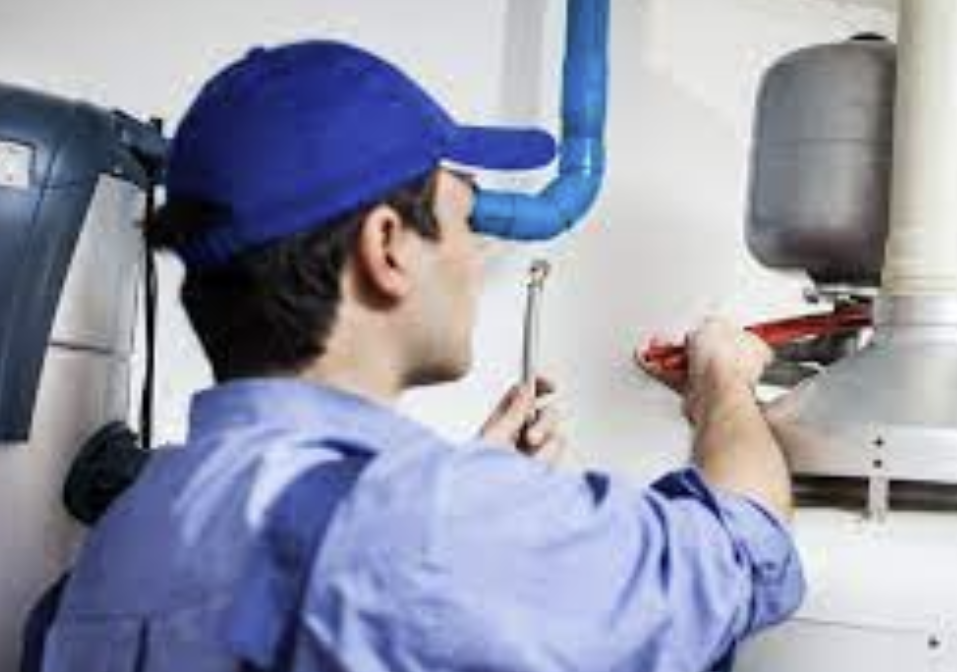
Water heater installation services are essential for setting up, replacing, or upgrading your home’s water heater system. Whether you’re looking to install a new water heater in a newly built home, replace an outdated or inefficient unit, or switch to a different type of water heater, professional installation ensures safety, efficiency, and optimal performance.
🛠️ Types of Water Heaters:
-
Tank Water Heaters (Traditional):
-
How they work: Store a large amount of hot water in a tank and heat it continuously. When you need hot water, it’s ready to use.
-
Capacity: Typically 30-50 gallons for residential use.
-
Best for: Larger households or consistent hot water usage.
-
Cons: Larger energy consumption (because of the need to keep water hot all the time).
-
-
Tankless Water Heaters (On-Demand):
-
How they work: Heat water only when you need it, providing endless hot water without a storage tank.
-
Best for: Homes with limited space or those who use hot water intermittently.
-
Pros: Energy-efficient (no standby energy loss), compact.
-
Cons: Higher initial cost, and may not supply multiple outlets at once if too many hot water fixtures are used simultaneously.
-
-
Heat Pump Water Heaters (Hybrid):
-
How they work: Extract heat from the air and transfer it to the water. These are very energy-efficient and environmentally friendly.
-
Best for: Moderate to warm climates (because they rely on ambient air temperature).
-
Pros: Great energy efficiency (uses 50% less energy than traditional water heaters).
-
Cons: Higher upfront cost, not ideal for colder climates.
-
-
Solar Water Heaters:
-
How they work: Use solar panels to collect energy from the sun to heat the water.
-
Best for: Areas with plenty of sunlight.
-
Pros: Environmentally friendly, low operating costs.
-
Cons: High upfront installation costs, depends on weather and sun exposure.
-
-
Condensing Water Heaters:
-
How they work: Designed for homes that use natural gas. They take advantage of waste heat from the exhaust gases to preheat incoming cold water.
-
Best for: Large households with higher hot water demands.
-
Pros: Energy-efficient, especially for homes that use natural gas.
-
Cons: More expensive upfront.
-
📈 Why You Should Hire a Professional Installer:
-
Proper Sizing: A professional can determine the right size and type of water heater for your household’s needs.
-
Permits & Codes: Installations typically require permits, and professionals ensure the installation meets local building codes.
-
Efficiency: Proper installation ensures the system runs efficiently, saving you on energy costs and extending the life of the unit.
-
Safety: Water heaters involve gas, electricity, and plumbing connections. Improper installation can lead to leaks, fire hazards, or other issues.
-
Warranty: Many manufacturers require professional installation for their warranties to be valid.
🔧 Installation Process:
-
Assessment: A technician will assess your home’s current water heater and plumbing setup to determine the best replacement or upgrade option.
-
Removal of Old Unit: If you’re replacing an old water heater, they’ll remove the existing unit safely.
-
New Installation: The new unit is installed, including connections for plumbing, gas, and electrical lines if needed.
-
Testing: The technician will test the new water heater to ensure it’s functioning correctly and efficiently.
-
Clean-up: After installation, they’ll clean up and remove any old equipment.
✅ Things to Consider Before Installation:
-
Space: Make sure you have enough space for the new water heater, especially if you’re switching to a larger unit or a different type (e.g., switching from tank to tankless).
-
Fuel Type: Make sure you choose the right water heater for your home’s fuel supply (gas, electric, or solar).
-
Energy Efficiency: Consider energy-efficient models to save on long-term costs.
-
Warranty: Look for units that offer warranties that match the expected lifespan (usually 6-12 years).